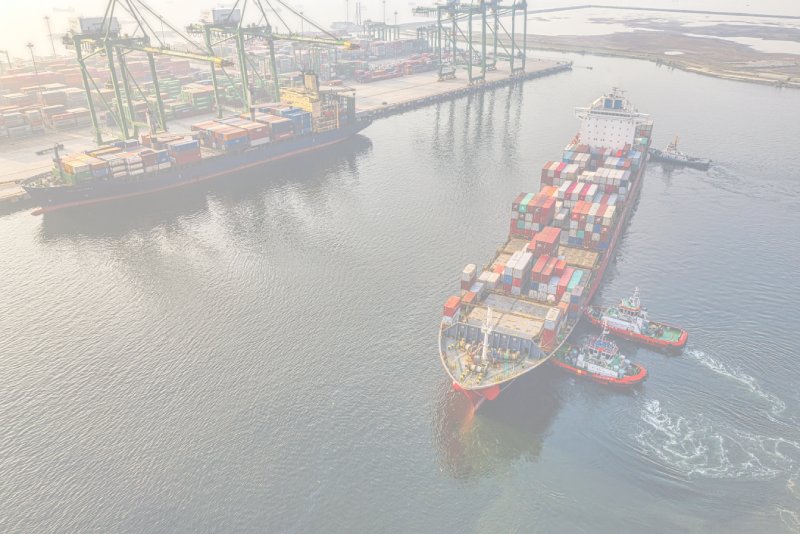How to Report a Maritime Work Injury in California

The California economy reaps enormous benefits from maritime work, such as shipping, fishing, and cruising.
The American Maritime Partnership’s statistics on economic benefits include:
- California ranks #4 in the U.S. in Jones Act jobs,
- The maritime industry contributes $12.2 billion annually to California’s economy,
- The maritime industry provides California with more than 50,000 jobs, and
- California is a top shipyard state.
However, maritime workers encounter dangerous conditions and often face serious workplace injuries.
Knowing how to report maritime worker injuries can protect your legal rights to injury compensation.
Steps to Take After Maritime Worker Injuries
Take these steps after a work accident to protect yourself and your right to compensation.
Notify Your Supervisor
When you sustain a workplace injury, you should immediately notify your supervisor. They may ask you to fill out an accident report and make a statement.
Think carefully and take your time when making official statements. Anything you report incorrectly could be used to deny your claim.
Get Medical Attention
You should seek immediate medical care after your accident. If you are injured far offshore, you may be airlifted to a foreign hospital.
In that case, request transfer to a U.S. hospital as soon as you stabilize. Save all medical records, and don’t do anything to exacerbate your injuries.
Gather Evidence
If you don’t need urgent medical attention, take time to gather evidence at the accident scene. Take photographs and write down the names of witnesses.
Consider Legal Options
After you sustain a workplace injury, you should receive compensation.
However, how much compensation you receive depends on the details of your accident. Maritime law is very complex and differs significantly from land-based workers’ compensation.
You might be able to file a claim under general maritime law, the Jones Act, or the Longshore and Harbor Workers’ Compensation Act (LHWCA).
What Is the Jones Act?
The Jones Act is a federal law that protects workers on a vessel in navigable waters. There are a few specific requirements of this law:
- The employee must spend at least 30% of their work hours working on the vessel;
- The vessel must be operational and capable of navigating, meaning that it can’t be permanently anchored to the ocean floor; and
- The vessel must be in navigable waters, which include oceans, lakes, and rivers.
Maritime employees covered by the Jones Act can sue their employers for negligence if they receive a workplace injury.
Land-based employees covered by workers’ compensation usually can’t sue their employers, so the Jones Act often proves a much more lucrative path to compensation.
What Is the Longshore and Harbor Workers’ Compensation Act?
The LHWCA is a federal law that protects maritime workers not covered by the Jones Act, such as people working in harbors and on docks.
The LHWCA resembles traditional workers’ compensation, providing a percentage of weekly wages and payment for medical care.
Unlike the Jones Act, the LHWCA does not allow employees to sue their employer for pain and suffering.
Contact a Maritime Lawyer
If you feel overwhelmed with the aftermath of your workplace accident, a skilled maritime attorney can help.
The maritime lawyers at Starpoint LC can explain your legal options and help you gather the information needed for a successful claim.
As a small firm, we provide personalized legal service where we get to know you so we can advocate for your interests.
Contact us for a free consultation to learn more about how we can help with your maritime injury claim.

